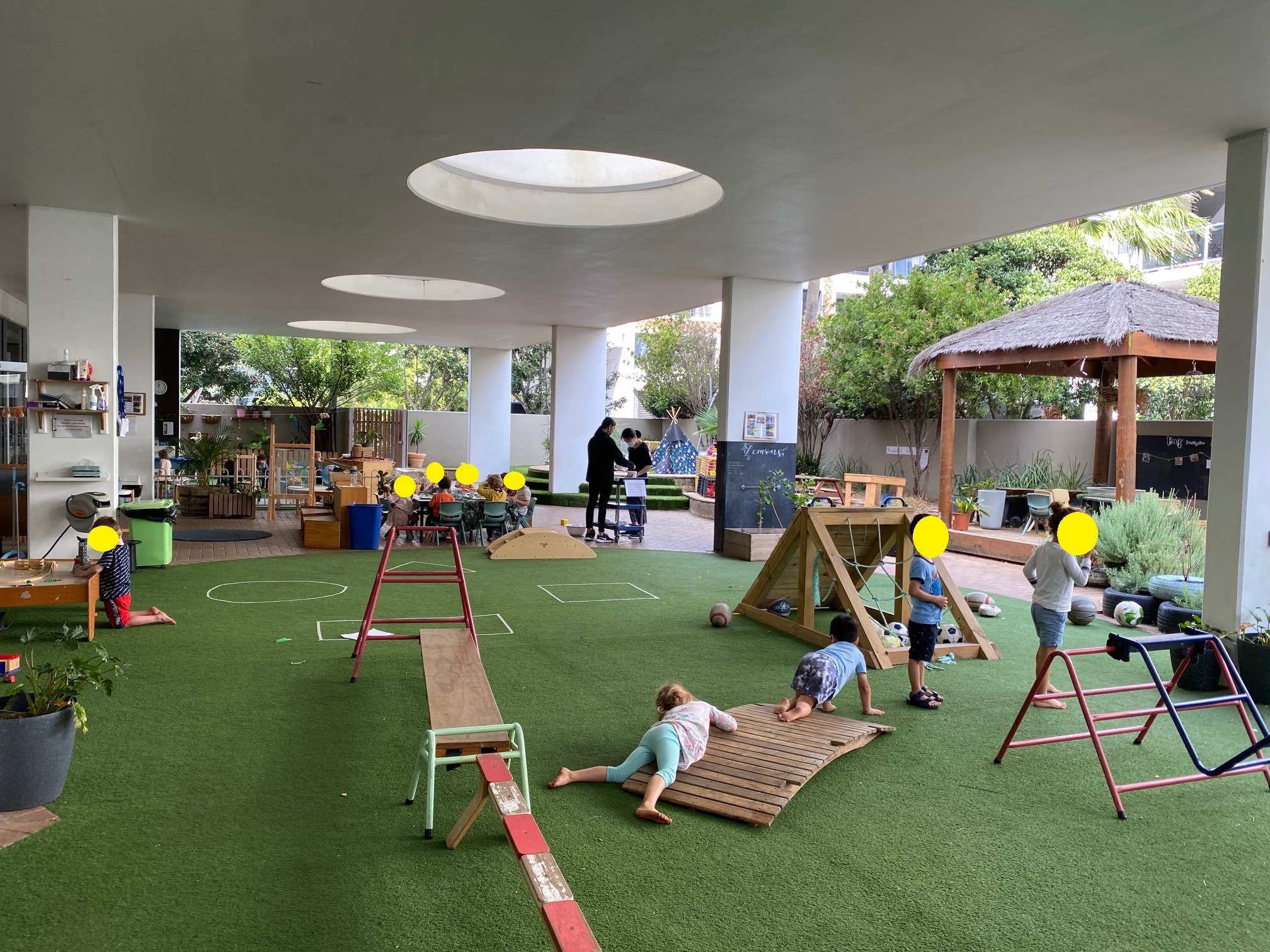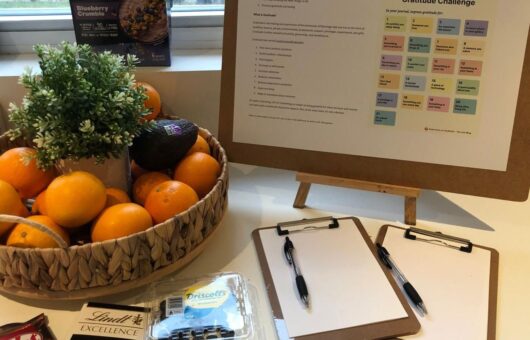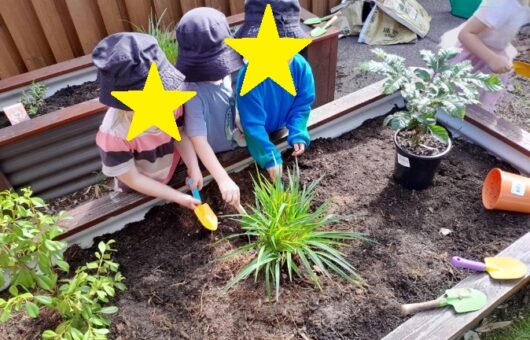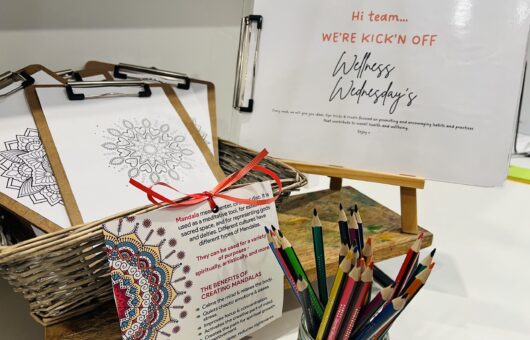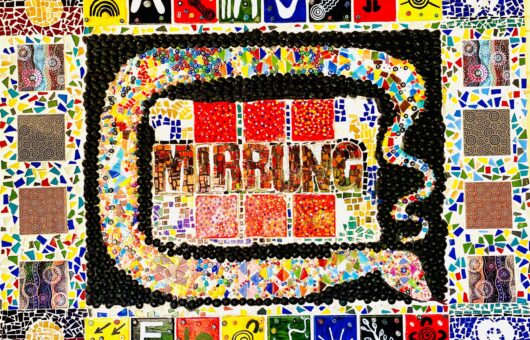When there are changes happening in a child’s life, it can be a very overwhelming thing. Whether it’s moving to a new place, changes in the family setting, starting something new or even having changes in their routine, challenges may arise, such as separation anxiety, emotional bursts or changes in behavior. Consequently, challenges and opportunities present themselves to families and educators as well.
Children are actively seeking to make sense of their world. Am I safe, secure and supported in this place? Do I have a friend here? Who am I in this new place? What is expected of me here? What are the rules and the acceptable ways of being in this place? From the families’ perspective, they also have questions: Will my child be accepted and valued here? Will this be a place where my child can grow and learn? Will my child make friends and be happy here? How will my child cope with separation and unfamiliar people and different experiences?
To help this process, it is paramount to have strategies in place to aid those transitions. Before moving a child to a new room, we take them on ‘orientation visits’ where they spend time in the new classroom, we introduce them to their future educators and we speak about this process in a positive manner. We usually also transition children together to ensure there are familiar faces in the new environment. The presence of a family photo can also be helpful to provide a sense of belonging.
Collaboration is a key aspect to ensure a smooth transition and build a good rapport. Strategies include involving children in the conversation – discuss the transition with them ahead of time so they know what’s to come; provide straightforward explanations for their questions – keep it simple and honest; reflect on their day – look at photos of them at school together and talk about it excitedly and positively; maintain a clear channel of communication with the educators – let them know about your child’s interests, routine and any information you deem relevant to their health and development; last but not least, it is important the farewells are meaningful albeit not prolonged (as this can cause further stress) and that they will see you again at the end of the day.
Recognising children’s and families being in transition processes show that their individuality is valued and celebrated so that a sense of belonging can be strengthened. Who children become in a new setting partly depends on thoughtful, respectful and well-planned transition practices.
Written by Luan Oliveira
Learn & Laugh Rosebery Director
